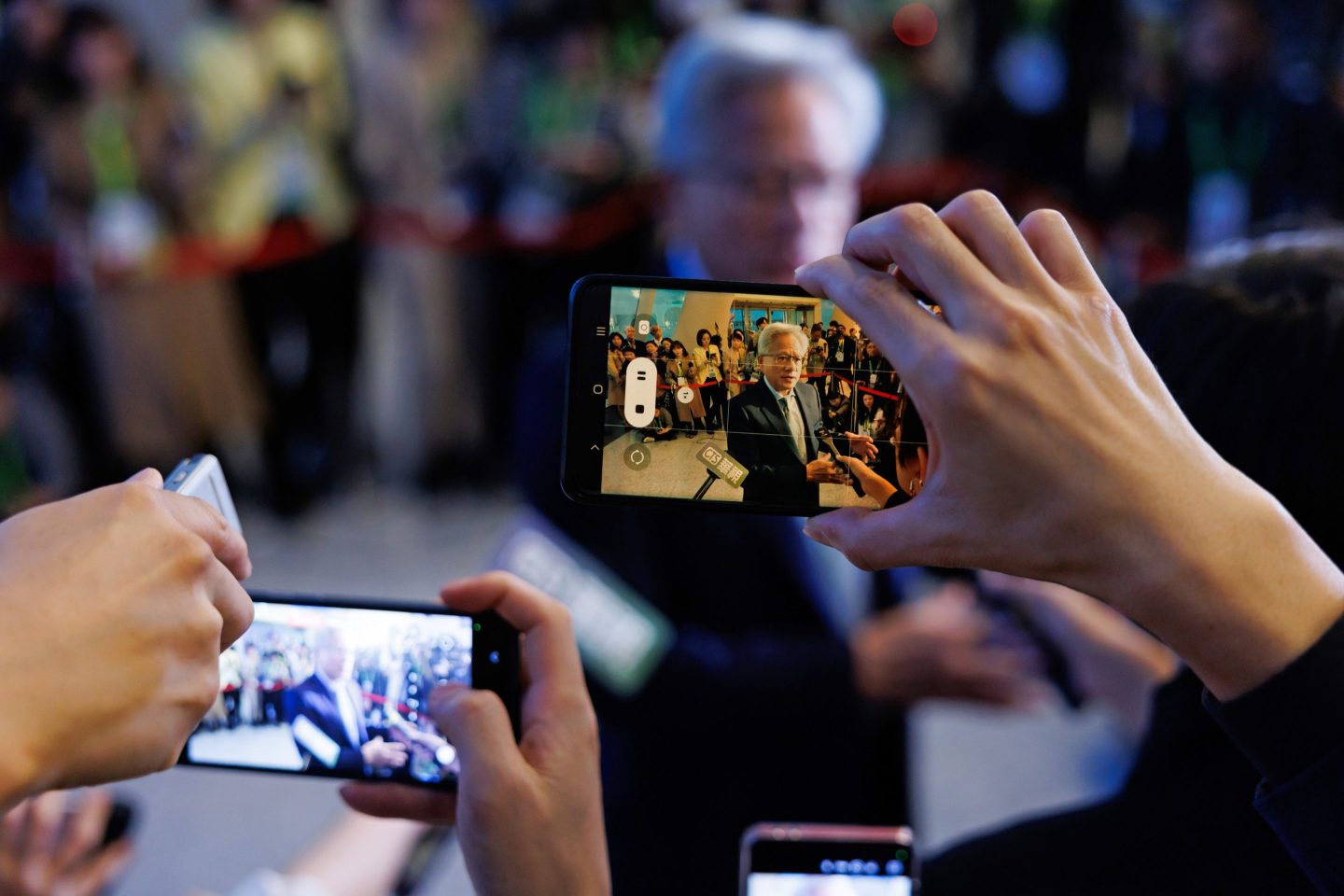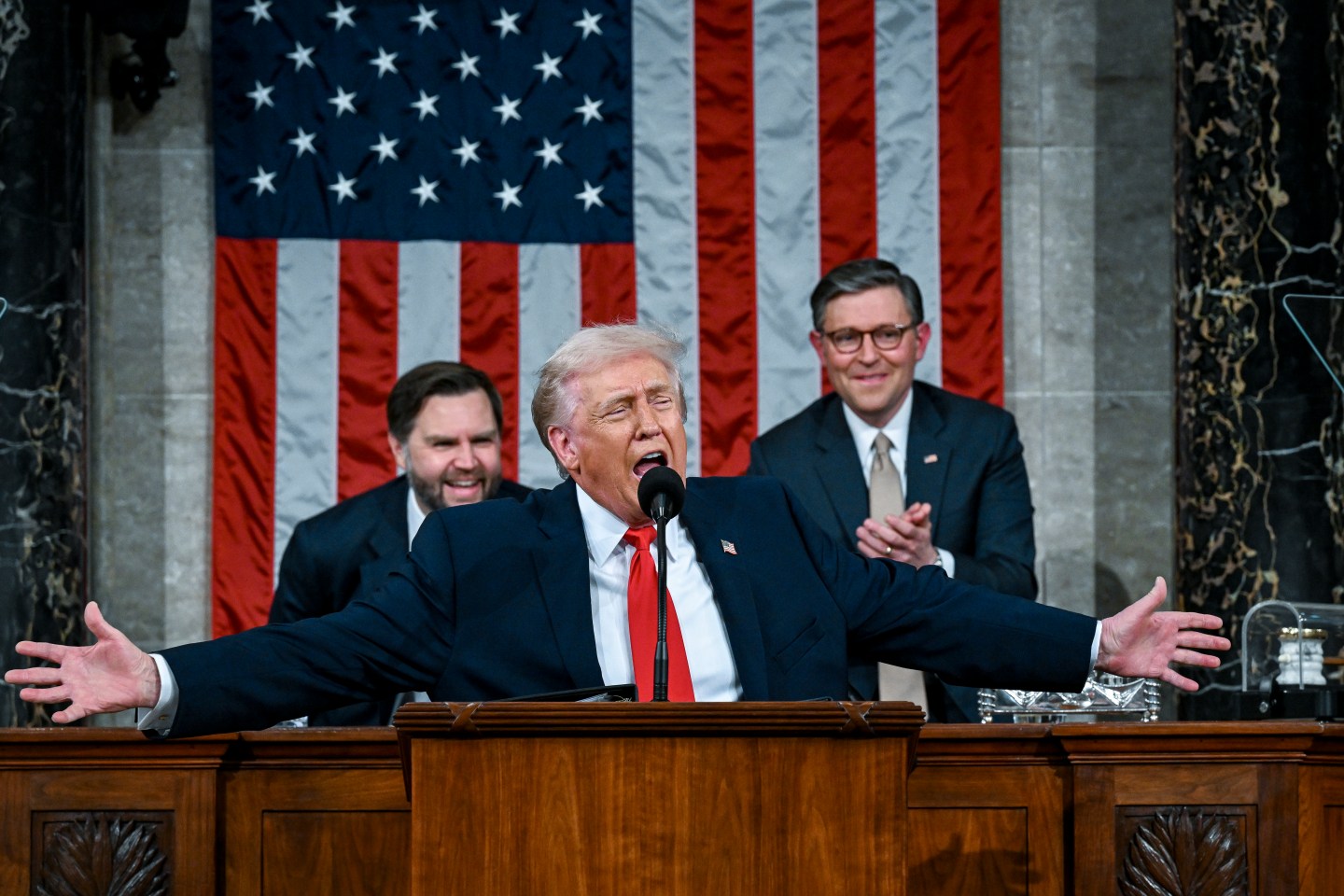Good morning!
Just because there’s under one week until autumn starts doesn’t mean “hot labor summer” is over.
About 13,000 United Auto Workers (UAW) union members walked off the job at three Midwest-based car factories on Friday after attempts to negotiate a contract with General Motors, Ford, and Stellantis (the “Big Three” auto manufacturers) failed to materialize ahead of the midnight deadline. More workers are expected to go on strike, as the union plans targeted walkouts at specific factories across several states.
Growing worker frustration over the executive-worker pay gap is at the core of the UAW strike. Median worker income at the Big Three companies was $75,000 (Ford), $80,000 (GM), and $68,000 (Stellantis) last year; executives earned as high as 365 times that amount in total compensation.
The union’s demands include:
—A 36% wage hike over four years.
—A 32-hour workweek for 40 hours of pay.
—Cost-of-living pay raises.
The motor companies have offered some concessions ahead of the strike: GM offered a 20% wage hike over four years on Thursday, and previously, Ford and Stellantis offered a 20% and 17.5% increase, respectively. Although UAW president Shawn Fain admits the demands are “audacious,” the union still has not agreed to the Big Three’s counteroffers.
“The unions are responding to a disconnect between CEO pay and employee pay, coupled with rising profits for each of the Big Three manufacturers,” says Jennifer Tosti-Kharas, professor of organizational behavior at Babson. “It’s hard for them to understand how employee pay could remain so stagnant,”
As frustrating as salary negotiations can be for HR leaders, Tosti-Kharas says it provides an opportunity to learn what today’s employees increasingly value. “Employees are delineating their priorities and the tradeoffs they are willing, or unwilling, to make, and top management should listen carefully,” she says.
First and foremost, simply providing workers a seat at the table can mean more to them than higher wages. A study from HR consulting firm Gartner, published late last year, found that trust was the main driver of employees’ beliefs that they are paid fairly (yes, even beating compensation). Communication plays a significant role in establishing that trust; when organizations educate employees about decisions on pay, trust in the organization rises by 10%, and perceptions of pay equity increase by 11%.
“Compensation discussions are the most emotional subject an organization addresses,” says Bret Bero, an assistant professor of practice at Babson’s management division. The imbalance of power and information companies create when setting employees’ pay means workers seldom perceive the negotiation process as fair. “If the process is perceived as ‘fair’ and employees are included or listened to during compensation discussions, there is less likelihood of strikes and labor organizing,” Bero says.
Yet only 38% of employees surveyed said they understand how their pay is determined, according to the same Gartner survey.
“Clearly, CEOs have no problem with large compensation packages when addressing their own compensation. They justify it by pointing to the shareholder value created under their watch,” Bero adds. “Employees wonder why they can’t get the same consideration when their pay is considered.”
Paige McGlauflin
paige.mcglauflin@fortune.com
@paidion
Reporter's Notebook
The most compelling data, quotes, and insights from the field.
Nearly 28 million U.S. workers do not have access to paid sick leave as of February 2023, according to a new report from JUST Capital.
Moreover, as of September 2022, just 28% of Russell 1000 companies disclosed a paid sick leave policy, and only 9% of Russell 1000 companies disclosed the number of paid sick days offered. “With paid sick leave providing a clear path toward healthier workplaces and communities, corporate leaders should consider investing in policies (if they don’t already exist) and stronger disclosure (if they do),” the report states.
Around the Table
A round-up of the most important HR headlines.
- Tech hubs like Washington D.C. and Seattle were home to the most remote workers last year, possibly predicting where remote work will last. Washington Post
- As employees return to the office, workplace romances, like those that forced BP CEO Bernard Looney to resign this week, will be harder to conceal. Bloomberg
- GM CEO Mary Barra asked that the United Auto Workers union be “realistic” in their demands for a pay increase nearly identical to her recent salary hikes. CNN Business
- Co-working spaces and private airport offices are the new way travelers work between flights. Wall Street Journal
Watercooler
Everything you need to know from Fortune.
Generational champ. Looking for a sample of how Gen Z operates in the workplace? Look no further than U.S. Open winner Coco Gauff. The 19-year-old’s ability to advocate for herself and question authority is, according to this veteran recruiter, Gen Z employees in a nutshell. —Paige Hagy
Revolving door. After laying off 10% of its workers earlier this year, Salesforce is encouraging ex-employees to boomerang back into the 3,300 roles it just opened. —Orianna Rosa Royle
No bending over backward. Simone Biles, the most decorated gymnast in history, is praising Gen Z and Gen Alpha for their more balanced approach to work. Where Biles sees older generations as victims of a “work, work, work” mindset, she’s much more optimistic about her generation’s ability to “take a step back, focus on their mental health, have family time, and still be the best version of themselves.” —Jane Thier
This is the web version of CHRO Daily, a newsletter focusing on helping HR executives navigate the needs of the workplace. Sign up to get it delivered free to your inbox.












